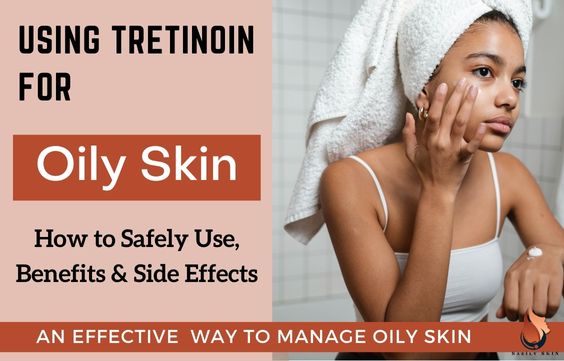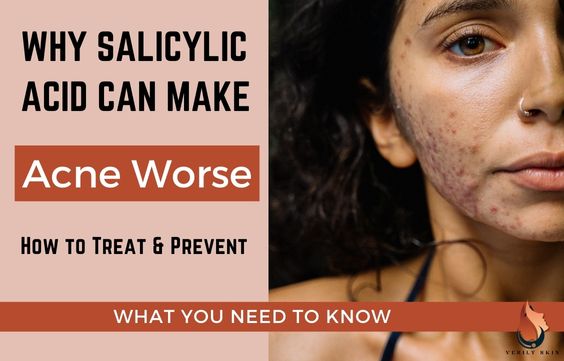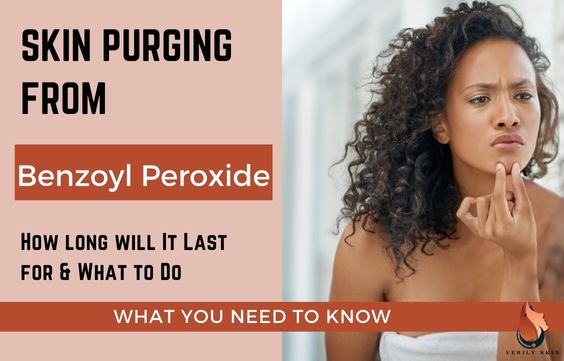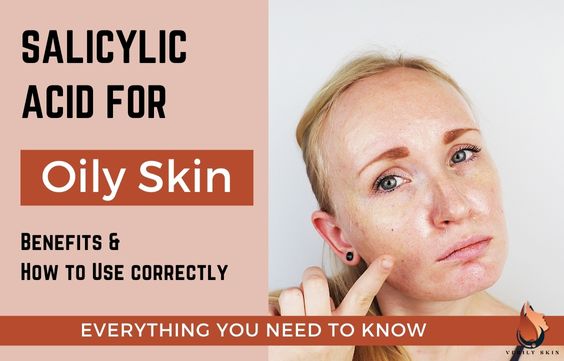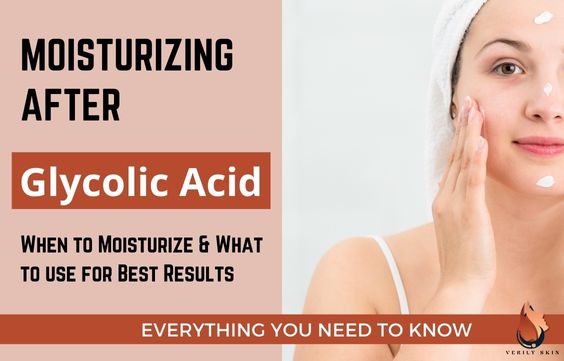Using Moisturizer After Vitamin C: What You Need to Know
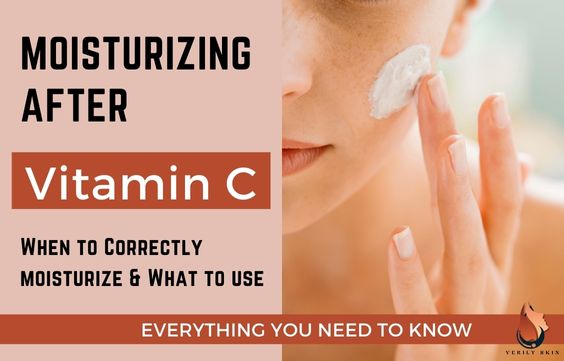
Using Vitamin C is great for the skin but using a good moisturizer after makes the whole process even better.
There is a right way and a wrong way to use the two in your skincare routine which has very much to do with how you layer your products.
So, while an important step is to always use a moisturizer, the question is: When?
Related Article: Vitamin C For Underarms – Everything You Need To Know
Should You Use A Moisturizer Before Or After Vitamin C
You should use your moisturizer after your Vitamin C serum in your skincare routine.
Many moisturizers seal off the skin to lock in moisture and protect the layers from external stressors. Using a moisturizer after Vitamin C will not only boost hydration but will also lock in the Vitamin C serum, making it even more effective.
However, you should not use a moisturizer before Vitamin C. Since it will occlude the skin and the Vitamin C serum will not penetrate the skin.
Related Article – Best Vitamin C Soaps: Benefits, Side Effects & How to Use
Wait Time Between Applying Vitamin C Serum & Moisturizer
Skincare professionals recommend waiting for a minimum of 1 minute between applying Vitamin C and a moisturizer.
Allowing some time between the two will give your skin time to absorb the Vitamin C serum properly before layering other products over it. It will also prevent dilution of the Vitamin C serum.
If you have more time during your skincare application, you could wait longer. However, many experts agree that 60 seconds is a long enough time.
Did you know that Vitamin C can potentially cause Skin Purging, click here to learn more.
Why It Is Important To Use Moisturizer After Vitamin C
Using a moisturizer after Vitamin C helps to lock in hydration, lock in the serum itself and aid penetration, and prevent irritation.
While Vitamin C itself can be hydrating, unless it is a formulation that is mixed with a hydrating agent like hyaluronic acid or glycerine, it is not enough on its own to adequately moisturize the skin.
Moisturizers help to improve the lipid barrier of the skin, many of them draw and lock in moisture from the air and prevent evaporative loss from the skin, and many occlude the skin to protect it from environmental stressors that can also oxidize the Vitamin C, rendering it ineffective.
An even better solution is to use a moisturizer with SPF in it. This not only gives you the benefit of a good moisturizer but the benefits of sun protection as well! Sun protection is important when using Vitamin C to prevent oxidization, oxidative stress, and sun damage.
Tips To Follow When Layering With Vitamin C
- The first step is to make sure that your skin is cleansed.
- If you need to exfoliate your skin, you can do so after cleansing. Regular exfoliation also helps products to penetrate the skin better.
- When applying your products always start with the more liquid or runny products first.
- The general order for your daytime routine should be:
- Oil or Water-based Cleanser
- Toner
- Antioxidant Serum (this is your Vitamin C)
- Spot Treatment (if necessary)
- Eye Cream (optional)
- Light Face oil (optional)
- MOISTURIZER
- Sunscreen
- Foundation or Makeup (Optional)
- The general order for your nighttime routine should be:
- Oil-based Makeup Remover
- Water-based Cleanser
- Exfoliator or Clay Mask (when required)
- Hydrating Mist or Hydrating Toner
- Acid Treatment (optional and/or when required)
- Serums and Essences (this is where your Vitamin C would be used)
- Spot Treatment (if required)
- Eye Cream (optional)
- Hydrating Serum or Mask (this is one way that you can moisturize)
- Face Oil (optional)
- Night Cream or Sleep Mask (this is another way in which you can moisturize)
- Tailor your skincare routine to suit your skin type. If you have oily skin, you will not want to moisturize too much.
Here are also some good tips to consider when using Vitamin C serums:
5 Major Vitamin C Serum Mistakes
Best Moisturizers To Use After Vitamin C Serum
The best kind of moisturizer to use after your Vitamin C serum is one that is water-based, has hyaluronic acid, and is thick but will not block your pores.
Here are some great options:
1- Neutrogena Hydro Boost City Shield Water Gel
This moisturizer is a gel formula that is oil-free, alcohol-free, and will not block your pores. It contains hyaluronic acid and has the added benefit of SPF.
Click here to see the current price for the Neutrogena Hydro Shield Water Gel on Amazon.
2- CeraVe Day & Night Face Lotion Skin Care Set
This set contains hyaluronic acid, niacinamide, and ceramides that all help to keep the skin adequately moisturized. The daytime lotion contains added SPF to protect the skin from harmful UVA/UVB rays and both lotions are oil-free and will not block your pores.
Click here to check out the CeraVe Day & Night Face Lotion Skin Care Set on Amazon.
3- Laneige Water Bank Blue Hyaluronic Cream Moisturizer
This water-based hyaluronic acid formula is said to hydrate and protect the skin’s moisture barrier without clogging pores.
The blue HA is said to be double fermented, making it more potent for longer-lasting hydration. But its also more pricey too.
Click here to see the Laneige Hyaluronic Cream Moisturizer on Amazon.
Frequently Asked Questions (FAQs)
Can I use moisturizer before Vitamin C serum?
You should not use moisturizer before Vitamin C serum because the moisturizer can seal off the skin. This prevents the Vitamin C from penetrating as it should.
Moisturizer before or after Vitamin C serum: which is better?
It is better to use your moisturizer after your vitamin C serum so that the serum can penetrate the skin and be absorbed before your moisturizer seals it off and locks everything in.
Can I put moisturizer over or on top of vitamin C serum?
Yes, you can put your moisturizer over your vitamin C serum. However, you should wait for at least 1 minute before doing so, and you should use a water-based moisturizer.
Can I use vitamin C serum without moisturizer?
You can use a Vitamin C serum without using a moisturizer, but this is not recommended unless your vitamin C is formulated with hydrating ingredients like hyaluronic acid or glycerine.
Your skin needs hydration and moisture to be healthy and to even help the Vitamin C penetrate and work. Using pure vitamin C without a moisturizer may cause dryness and irritation.
Can I use Vitamin C serum at night without moisturizer?
You can use your Vitamin C serum at night, but you should still use a moisturizer afterward. Even at night, our skin needs to be hydrated and moisturized to prevent dryness and to keep it healthy.
Can I use Vitamin C serum without sunscreen?
If you are using Vitamin C serums during the day, you should always wear sunscreen or use moisturizers with SPF.
Combining Vitamin C and SPF is said to be more effective at neutralizing free-radical damage to the skin from the sun. The SPF also prevents Vitamin C from being broken down, especially if it is in its pure, unstable form (L-ascorbic acid) without a stabilizing ingredient (usually Vitamin E).
Related Articles:
Moisturizing After Salicylic Acid: What To Do & Use
Vitamin C For Underarms – Everything You Need To Know
Sources:
11 Vitamin C Serum Benefits and How to Use
What Does Vitamin C Do for Your Skin, Exactly?
How to Layer Your Skin-Care Products in the Correct Order | Allure
Skin Care Routine: What Is the Correct Order?
How Long to Wait Between Applying Skin-Care Products | Allure

